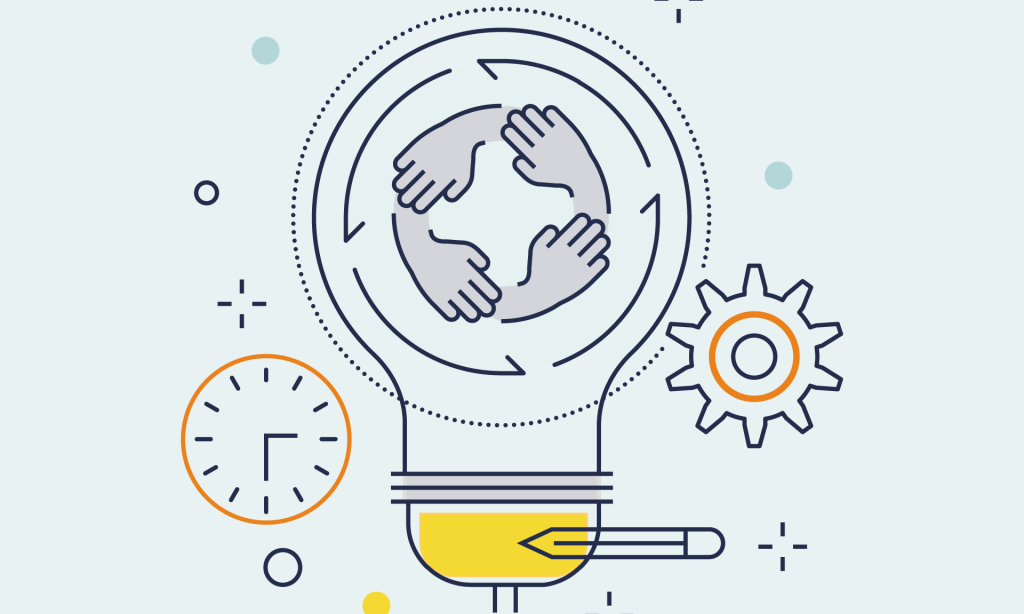

 Article
Article


Originally developed to solve economic problems, game theory is a powerful tool with applications across many fields. It provides insights into diverse areas, from contract design and pricing strategies in business to election systems and military buildup in political science.
How do individuals make decisions in situations involving risk? How do we instinctually trade off the potential for a gain with the potential for loss? Most individuals fear losses more than they like gain, and the choice of reference point shifts our perception of gains and losses. Can we better understand the way we make choices?
Many challenges in the world could best be addressed if anticipated. Lucky for us these days, Prediction = Machine Learning + Data. Lucky because we’re in a gold rush of data, and our machines can learn with it. Ultimately, across the operations that define a functional society, predictions drive how organizations treat and serve an individual.
New research uses neuroscience to examine how humans make decisions and presents a framework — proven to have startling accuracy — to predict what choices we’ll make under what circumstances. Darden Professor Zhihao Zhang discusses the role memory plays, as well as implications of his groundbreaking research for brand awareness and beyond.
The streaming industry is changing. Netflix is adding ads … in ways you might not expect. Amazon Prime knows what TV shows you watch on Amazon Prime. They also know the brand of your toilet paper. Advertising + Consumers = Changing.
Business decisions can be daunting; risk is a factor, stakes can be high, and analysis may integrate both quantitative and intangible dimensions. In the pursuit of more and better data, decision-makers should not neglect another essential element of the process: the evaluation of all possible outcomes.
Professor Yael Grushka-Cockayne and the Batten Institute’s Sean Carr discuss how new tools in data science, AI, machine learning and harnessing the wisdom of the crowd have revolutionized how people and organizations plan.
TV ads? Pay-per-click? Organic search? Fine-grained data about consumer interactions with brands is helpful if marketers know how to identify the value of the channels used and see their contributions to customer acquisition and retention. Developing an attribution model is a gradual process; here are four key stages in the journey.

With the help of a predictive machine-learning algorithm, Professor Yael Grushka-Cockayne offers new hope for beleaguered airport passengers changing planes. Implemented at Heathrow Airport, the system is a game changer for management, demonstrating how industries can use data to save millions in costly overstaffing and dissatisfied customers.
Darden experts offer some examples of varied workplace functions on which data analytics can have massive impact. It serves, drives and can lead to wild (though methodically so) success in multiple and varied areas of an organization.